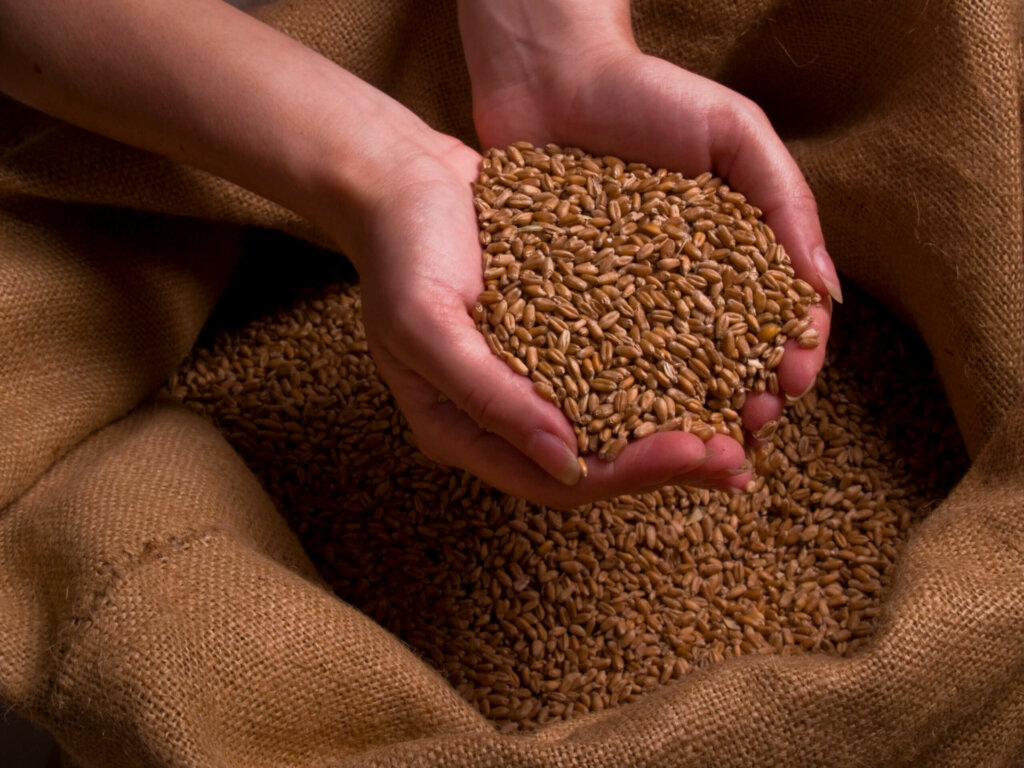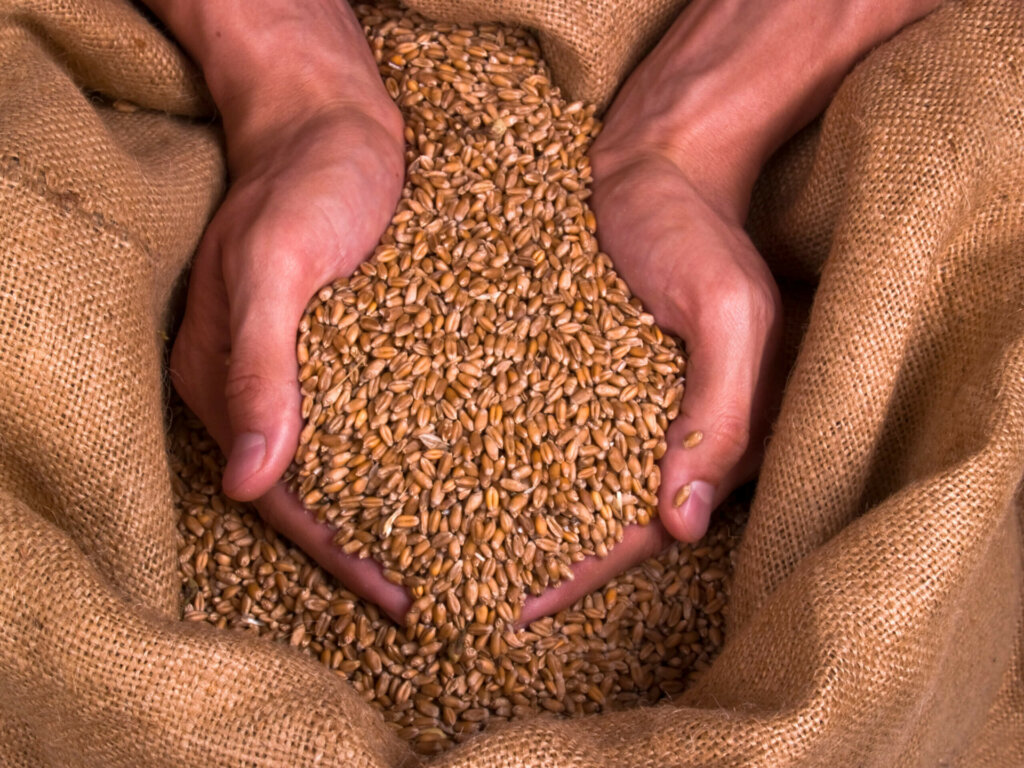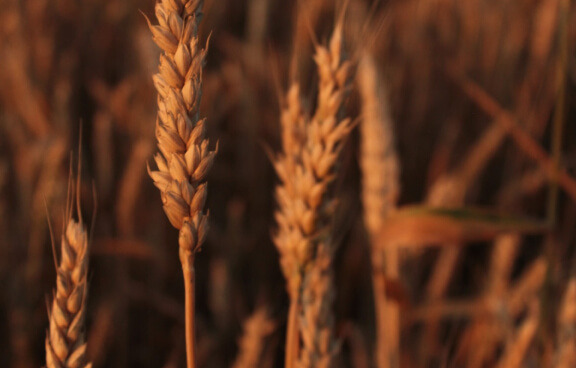Actions
Recent Actions
See the activities NAWG has been up to, advocating for American wheat growers!
- Crop Protection Tools
Glpyphosate Cert Petition Amicus Brief
Groups representing farmers across the United States have filed a brief encouraging the U.S. Supreme Court to hear a case on labeling for glyphosate and other pesticides.
May 9, 2025
- Transportation
Ag Letter on East Gulf Coast Port Operations
NAWG joined other agriculture groups in calling on President Biden to keep port operations continuing if a new labor agreement is not reached by September 30, 2024.
September 26, 2024
- Research & Technology
Wheat Industry Principles for Biotechnology Commercialization
The U.S. wheat industry recognizes the benefits and value which could be created within the wheat chain through the prudent application of modern biotechnology.
August 26, 2024
- Conservation & Sustainability
Climate Smart/Regenerative Agriculture Practices of Wheat Growers
Climate Smart/Regenerative Agriculture Practices of Wheat Growers
August 7, 2024
- Crop Protection Tools
- Environmental Regulation
NAWG Submits Comments on the Use of Pesticide Treated Seed
NAWG submitted comments to the EPA's Office of Chemical Safety and Pollution Prevention, asking for consideration of the duplicative nature of the proposed regulations for treated seed.
February 9, 2024
- Transportation
Ag Transportation Working Group Letter on Reopening Rail Corridors to Mexico
NAWG and other ag and supply chain sectors weigh in requesting the immediate opening of the El Paso and Eagle Pass international rail crossings.
December 20, 2023
- Tax & Finance
- Trade & Food Aid
NAWG and Ag Groups Send Letter on WTO Reforms
NAWG joined agriculture groups to urge U.S. Trade Representative Tai and Agriculture Secretary Vilsack to negotiate for improved agriculture trade policies at upcoming World Trade Organization meeting
November 7, 2023
- Conservation & Sustainability
- Crop Protection Tools
- Environmental Regulation
Ag Group Herbicide Strategy Letter
On October 19, NAWG joined over 60 farm groups in sending sent a letter to the Secretary of Commerce, Gina Raimondo, on the duties on phosphate fertilizer imported from Morocco.
October 24, 2023
- Conservation & Sustainability
- Crop Protection Tools
- Environmental Regulation
NAWG Herbicide Strategy Public Comments
On October 22, NAWG submitted public comment on the draft herbicide strategy framework to reduce exposure of federally listed endangered and threatened species and designated critical habitats from
October 24, 2023
Take Action Today

Advocate for Economic Assistance for Farmers Before the End of the Year

Ask for Congress to Pass a Robust Farm Bill and Support Wheat Growers this Year!

Support the American Farmers Feed the World Act of 2023

NAWG Resolutions
NAWG’s resolutions give direction to the NAWG officers on critical policy issues affecting wheat growers across the country. These resolutions, approved by NAWG policy committees and the NAWG Board of Directors, are the official policies of the organization.
How We Make Policy
NAWG’s strength comes from the grassroots; stemming directly from wheat growers who research these issues through their livelihoods, help form policy and educate policy makers in Washington, D.C.,
about how these issues affect our nation’s wheat farms.
Policy
Recognizing Needs
NAWG’s policy comes up from the countryside through county committees, which send policy ideas and resolutions to state associations, which set their policy and bring priorities to the national association.
Representation
Farmers who step up to represent their state associations on NAWG’s Board of Directors serve as the crucial link between individual wheat growers, the state organizations and the national organization in
Washington, D.C.
Execution
In conjunction with its grower leaders and state affiliates, NAWG is in regular contact with its federal partners in Washington, D.C., to advocate for the wheat industry. Though these state associations vary in size, composition, and resources, leaders from all affiliates come together to create a strong national organization with a unified wheat-focused voice.
Stay in the know
Subscribe to our newsletter
